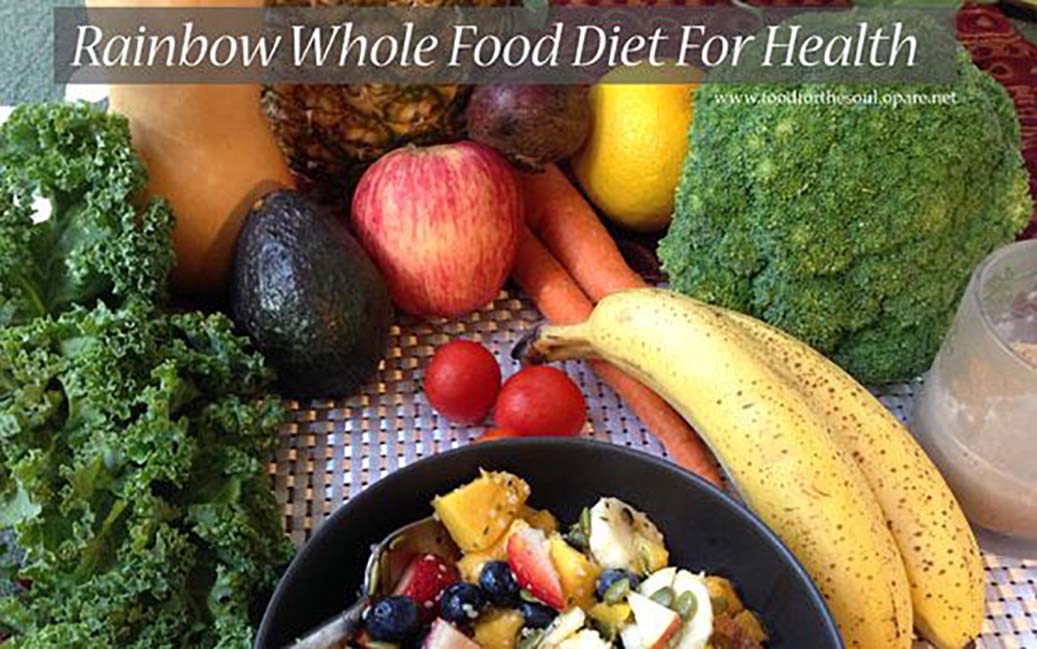If you’re anything like most people who are making the move to a vegan or plant-based diet you probably have questions about getting the right nutrition to stay (or get) healthy. Fortunately by “eating a rainbow” or a variety of whole plant-based foods you WILL get the right nutrients. Even without taking supplements. Even protein! In this post I’ll explain why and what you can do to take the worry about what you should eat.
Quite often people want to know about what supplements they should take. Or they want to know what they need to eat to get specific nutrients. Or you probably have seen one of the many info graphics that say in essence, “eat ____ to do ____”, indicating that some particular food or nutrient will solve x problem.
I truly understand this thinking. We are trying to be healthy and eat healthy. So, let me focus on eating those things that give me the nutrients that are supposed to lead to health. There is a problem with this approach to health.
We don’t know what we don’t know
So some study is done and the scientists say it shows that eating a certain food, say apples, promotes health and prevents “b” and “c” disease. Apples have nutrient “z”. Therefore they decide that nutrient z is the magic ingredient and we should all increase our intake of nutrient z.
That sounds good in theory. However…
- Is it nutrient z in isolation or in combination with the miriad of other nutrients and aspects of the apple as a whole?
- Is consuming more of nutrient z better or is it harmful?
- Is it really nutrient z at all or one of those other nutrients and aspects in an apple? Or is it something else entirely?
- Who did these studies and why? Are they trying to sell you supplements?
 There are real problems with this way of looking at nutrition and healthy diets. You can learn more about this in the book Whole by T. Colin Cambell. Read my review of the book here.
There are real problems with this way of looking at nutrition and healthy diets. You can learn more about this in the book Whole by T. Colin Cambell. Read my review of the book here.
Food aren’t standardized
An apple isn’t an apple, isn’t an apple. So many things may impact the nutrient level in a particular food.
- Where was it grown?
- Was it picked ripe or picked earlier for better “shelf life”?
- How long has it been sitting around?
- Is it organic?
- What variety is it?
- Was it cooked? Frozen? Fresh?
So what is a health conscious person to do?
- Forget about calories and nutrients
- Eat a rainbow of fruits and veggies. This way you will be eating the miriad of nutrients, vitamins, fiber, etc, just as it was divinely provided for us.
- Eat that rainbow as whole and minimally processed as possible.
- Eat nutrient dense foods that are high on the ANDI scale.
- Choose organic.
- Eat that rainbow of fruits and veggies as close to the picking time as possible. That means grow your own or choose locally grown and farm fresh when possible.
- Eliminate ALL animal products from your diet.
- Avoid processed foods, white flour, white sugar, white rices and pretty much anything that comes in a can or box.
- Limit your use of added oils, salt, and sweeteners.
- Drink water instead of juice or soda.
- Don’t worry about protein either. Protein is found in all whole foods. You can find out more here in this post by Nana Kwaku Opare MD, Where Do Vegans Get Their Protein?
By following these guidelines you will be providing your body with what it needs with out having to worry or stress out about getting enough nutrients or without spending a small fortune on supplements.
What do you think?

Convictions To Eat Vegan
5 strategies to help you gain the confidence, clarity and resilience to stay consistent and make the right decisions even when you are surrounded by all the wrong choices.

